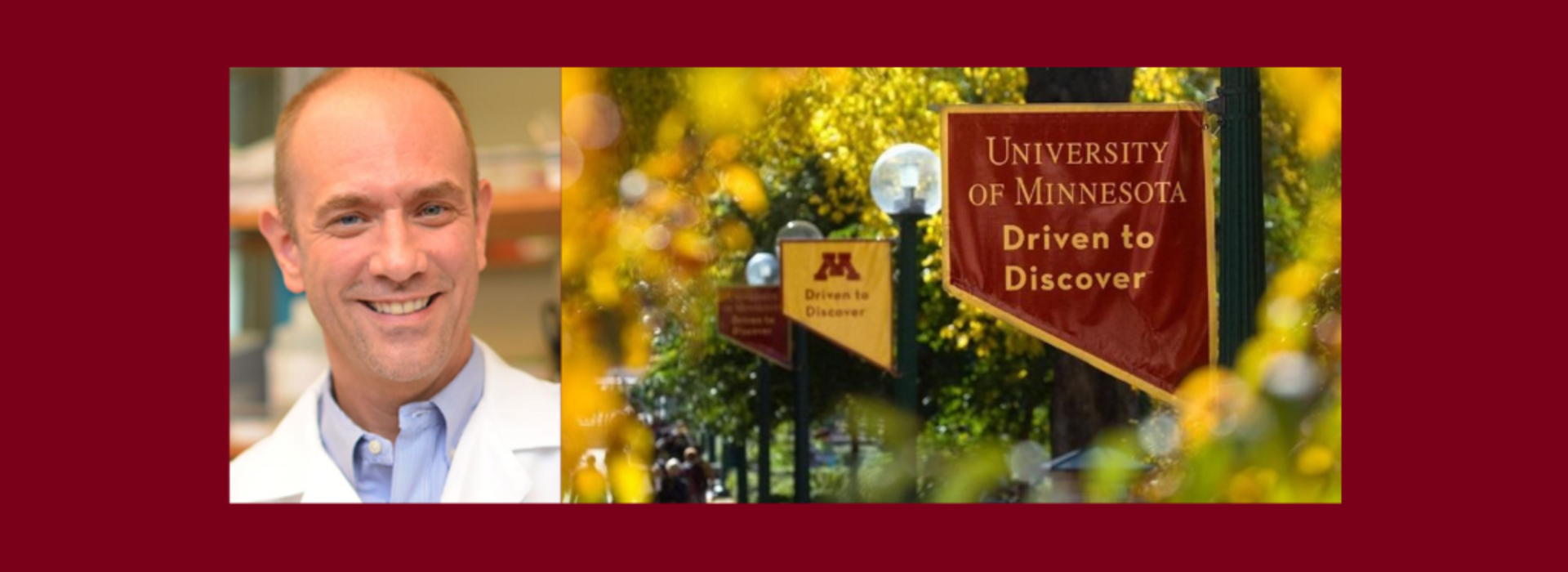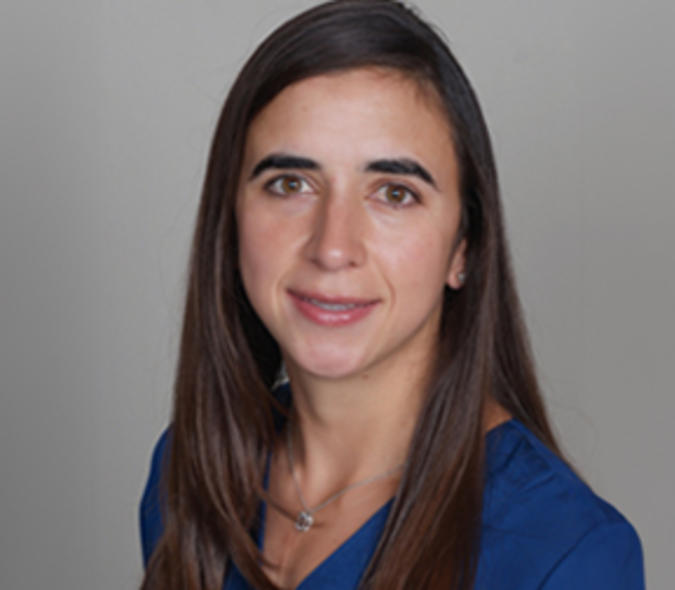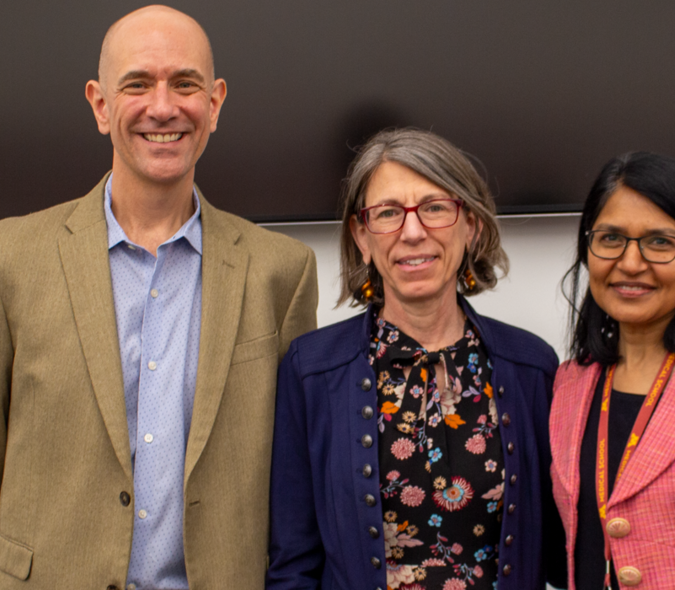
Department of Medicine Jumps to #34 in Blue Ridge Research Ranking
The Department of Medicine at the University of Minnesota Medical School reached unparalleled success in 2022, surpassing all previous records on the Blue Ridge National Institutes of Health ranking. We achieved a milestone by securing $48.6 million in awarded funds, elevating us to a national ranking of #34. This accomplishment showcases our unprecedented achievements and solidifies our position as a leader in medical research.
“It's very important for our department. It's a key lagging biomarker that indicates the vitality of our department’s commitment to investigation is strong,” says Peter Crawford, MD, PhD, Vice Chair for Research and Associate Dean for Research Operations. “This index underscores the success of our investigators in their pursuit of meaningful research through a linked mission that delivers the highest level clinical care and medical education.”
The Department of Medicine submits, on average, between 250 and 290 grant applications annually, reflecting a great team of dedicated faculty, learners and staff professionals committed to sponsored research, recognizing its crucial role in driving impactful investigation.
“This commitment is reflected in our continued success, as we experienced significant growth in funding,” says Dr. Crawford. “Our total costs recovered from NIH-sponsored grants increased by approximately $8 million in one year, elevating our national ranking from #37 to #34.”
“This trend highlights our department's culture of impactful sponsored research. We attribute this achievement to a number of individuals who played a pivotal role in securing this substantial jump in NIH funding,” adds Dr. Crawford.
Individuals Driving This Positive Trend
Dr. Crawford stresses that our department's diverse and rich achievements extend far beyond the accomplishments of the individuals mentioned below. We experienced many notable successes within our department, ranging from groundbreaking COVID clinical trials to cutting-edge resuscitation treatments in the setting of in-the-field cardiac arrest.
Among some of our accomplished investigators, Lin Yee Chen had an exceptional year, securing two new grants. One of these grants focuses on cognitive aging and brain morphology, specifically exploring its connection to heart rhythm irregularities in Hispanic and Latino populations. Additionally, Dr. Chen received an NIH R01 grant, investigating the intricate relationships between heart rhythm disturbances, sleep and neurodegenerative conditions like Alzheimer's and dementia.
Alon Herschhorn had a wonderful year by securing two NIH grants. The first, a U01 grant, dissects the mechanisms of HIV evasion of the immune system. The second grant, an R01, dissects the structure of proteins found on the surface of the HIV virus itself.
Lisa Chow successfully renewed a T32 training grant which is now in its 44th year in diabetes and endocrinology. In addition to this grant, she holds two R01s that examine the restriction of eating over discrete periods of time in the day and its impact on health outcomes.
Jeffrey Miller secured a renewal of a P01 grant for a program project focused on off-the-shelf immunotherapies utilizing natural killer cell products for cancer therapies. This large-scale program involves many investigators and holds immense importance for our department, Medical School, and the Masonic Cancer Center. This program holds great promise to transform the number of treatment options for cancer patients.
Kurt Prins in our Cardiology division successfully captured two R01s that look at the pathogenesis of right ventricular dysfunction in pulmonary hypertension. Additional successful investigators include Takako Araki, who received an R01 grant studying mechanisms for post-COVID pituitary damage. Lastly, Rita Perlingeiro obtained a new R01 grant studying pluripotent stem cell therapies to treat a group of muscular dystrophies.
The Three Fronts of Great Opportunities To Come
The first front involves harnessing the power of team science. Dr. Crawford explains that the Department of Medicine possesses an exceptional talent pool at all levels, distributed among our faculty, learners and staff professionals. Moreover, our department leverages interdisciplinary talent that combines forces in synergy.
The second front of focus is supporting the career development of those in the early stages of their careers. “We will continue to implement and improve mentoring programs that establish partnerships with key committed leaders in the Offices of Faculty Affairs and Development; the Office of Diversity, Equity, and Inclusion; and the Office for Research. Through unified efforts, we continue to support clinician investigators on the rise who will become the next generation of exceptional independent research scientists,” he says.
Our third focus is strategic recruitment, where we actively seek opportunities to bring in individuals at various stages of career development from our training programs and outside our university. By joining our leaders, these individuals create synergy through team science and work alongside to help develop our early career investigators. Dr. Crawford emphasizes that we are committed to actively recruiting to enhance our department's capabilities and encourage a culture of research that has at its core the improvement of the human condition, particularly those who have been historically and systematically disadvantaged.



